The construction industry is rapidly evolving to handle a growing number of complex projects. To meet this demand, the adoption of drone technology has proven invaluable by enhancing safety, reducing costs, and improving data collection. Companies like Pomerleau and Skender have led the way, being early drone technology adopters and reaping many benefits.
Drone technology
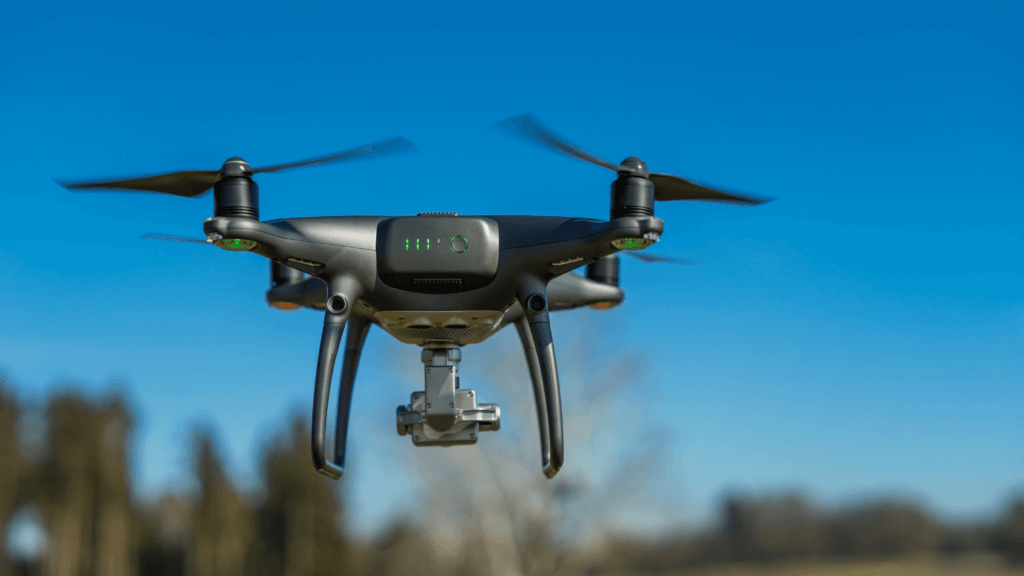
The rise of drones in construction is revolutionizing how companies operate across various trades. This technological innovation has led to a 61% increase in measurement accuracy and a 53% reduction in the time required to gain data insights, making them invaluable for managing large-scale projects. Their ability to provide accurate 3D site surveys significantly reduces errors and rework, streamlining construction processes and preventing costly mistakes. They can also be used on small-scale projects to map out the terrain or simply to perform an inspection.
For example, in the roofing trade, drones inspect and assess roof conditions safely and efficiently, eliminating the need for manual inspections on potentially dangerous structures. Drones provide a safe way for electrical contractors to inspect power lines and electrical equipment, especially in hard-to-reach areas. This usage flexibility has helped drones become a large part of day-to-day operations in various trades.
According to a recent survey, 46% of civil contractors currently utilize drones, and this number rises to 67% among larger contractors. This adoption of drone technology in construction is expanding rapidly and is expected to continue growing.
Benefits of drones on construction sites
Safety
Drones enhance safety by performing tasks in hazardous areas, such as inspecting tall structures or unstable terrains, reducing the need for human workers to be exposed to these risks.
Collect data and insights
Drones gather high-resolution images and detailed data, providing critical insights for decision-making. They can also capture site conditions in real time, which can be used for progress tracking and quality control.
Topographic mapping and land surveys
Drones are highly effective in conducting topographic mapping and land surveys, offering accurate 3D models of terrain. They can map large areas quickly, making them ideal for planning infrastructure projects like roads, bridges, and pipelines.
Real-time tracking of progress
Drones enable real-time tracking of construction progress, providing up-to-date visuals and data that can be accessed remotely. This allows project managers to monitor developments and make timely adjustments.
Structure inspections
Drones are used for detailed inspections of structures, identifying issues that might not be visible from the ground. This includes assessing the condition of roofs, facades, and other critical components.
Security
Drones can enhance security on construction sites by monitoring for unauthorized access and ensuring the safety of people and equipment. By efficiently patrolling large areas, they can provide live feeds to security teams from all angles and even detect movement.
Types of drones used on construction sites
Various types of drones are available for the construction industry. Choosing the right one can make a massive difference in efficiency, as a drone’s effectiveness on a construction site is determined by its features and the project requirements.
Fixed-wing drones
Fixed-wing drones are known for their efficiency in covering large distances and surveying extensive areas. They are particularly useful for large-scale projects, such as road construction or pipeline installations, where they can capture high-resolution aerial imagery and detailed topographic data. These drones have a longer flight time and can operate over vast landscapes, making them ideal for projects requiring extensive mapping and surveying.
Multi-rotor drones
Multi-rotor drones are the most common type used in construction due to their versatility and ease of maneuverability. They are ideal for short-distance flights and precise tasks, such as site inspections, real-time progress monitoring, and capturing detailed aerial photography. Multi-rotor drones can hover in place, allowing for focused observations and inspections, such as checking the structural elements of a building or monitoring the safety of scaffolding.
Hybrid drones
Hybrid drones combine the features of fixed-wing and multi-rotor drones, offering both vertical takeoff and efficient long-distance flight capabilities. They are versatile and can switch between hovering and flying modes, making them suitable for various applications, from detailed inspections to extensive area surveys. Hybrid drones benefit projects requiring detailed, stationary observations and broad, expansive data collection.
The biggest players in the drone game
Several players in the drone game deliver high-tech solutions for construction projects, big or small. Depending on what you are looking for, consider these options.
Skydio
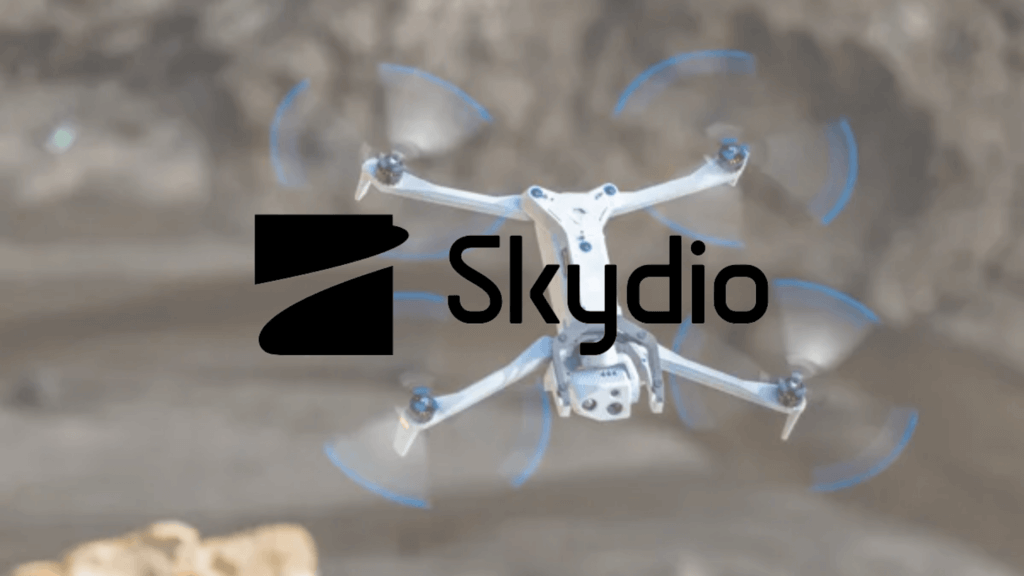
Skydio is renowned for its cutting-edge autonomous drone technology, making it a prominent player in the drone industry. The company’s drones are known for their advanced AI and autonomous flight capabilities, significantly reducing the need for skilled pilots. Skydio’s product lineup includes the Skydio X2, X2D, and X10 models, each designed for specific industrial and commercial applications.
The Skydio X2 and X2D are particularly noteworthy for their use in security and advanced obstacle avoidance. These drones are equipped with high-resolution cameras and thermal imaging capabilities, making them ideal for infrastructure inspections, public safety, and tactical operations. The Skydio X2D, for example, can generate high-precision maps and perform detailed inspections, even in GPS-denied environments.
Another great option is the Skydio X10, launched in 2023. It features multiple high-resolution cameras, including a 64MP narrow camera and a thermal camera, enhancing its ability to capture detailed imagery for mapping, inspection, and public safety applications. The X10 is highly portable and can be deployed quickly, making it suitable for rapid response scenarios.
Drone Services Canada
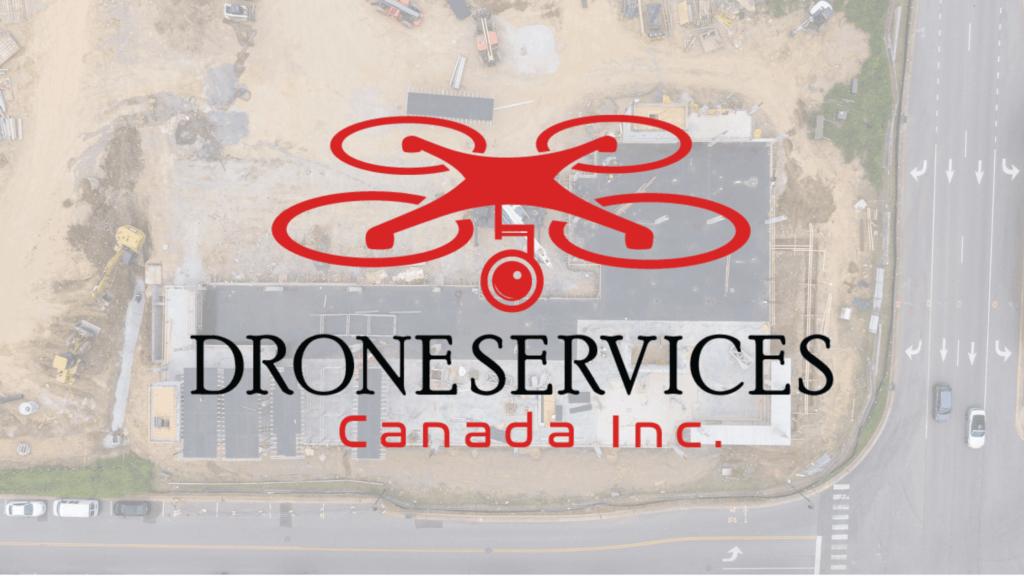
Drone Services Canada Inc. is another provider of drone services across various industries in Canada. The company specializes in making advanced drones and equipment for tasks such as surveying and mapping, aerial photography and videography, and inspections. Their flagship drone is the DJI Matrice 300 RTK. It comes equipped with cutting-edge AI capabilities, 15 km Transmission, and an incredible 55 minutes of flight time. It also has thermal imaging and a 26x optical zoom for capturing detailed imagery and data.
Thanks to its high-definition and thermal imaging cameras, this drone is great for inspecting infrastructure, including power lines, solar panels, bridges, and pipelines. It can also operate in both controlled and uncontrolled airspace, making it a versatile option for a wide range of aerial projects across several industries.
DroneDeploy
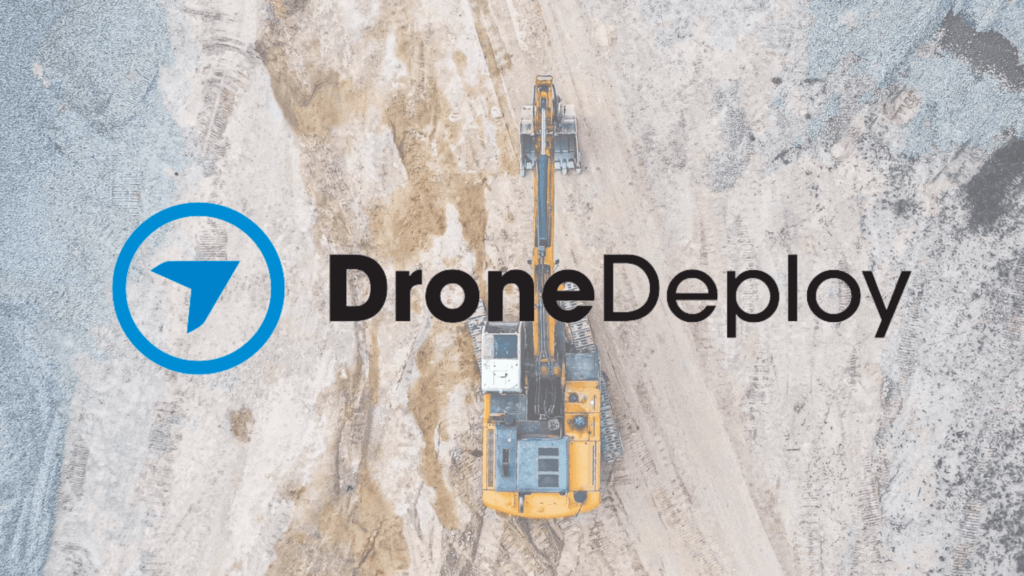
DroneDeploy specializes in providing a comprehensive software platform for managing drone operations. DroneDeploy’s software facilitates every aspect of drone operation, from flight planning and automated data capture to processing and analysis. This includes creating high-quality maps, 3D models, and detailed inspections, all accessible via a user-friendly interface. The platform also includes advanced features like real-time data visualization, integration with third-party applications, and data security measures.
Their software is also known for its ease of use and comprehensive functionality, making it a go-to solution for businesses looking to leverage drone technology for efficient and accurate data collection. Whether inspecting wind farms in the energy sector, surveying large agricultural properties for precise mapping, or conducting topographical surveys in building construction, their platform is designed to support a wide range of drones from various manufacturers.
The future of drones in construction
As the demand for drones continues to grow, drones are solidifying their place as essential tools in the construction sector. The ongoing evolution of this technology promises even greater efficiencies, including improved workflows, increased profit margins, and streamlined operations. This demand, however, will require more tech-savvy workers.
Drone technology offers a compelling opportunity to attract younger talent into the industry, appealing to those interested in innovative tools and digital solutions. Therefore, drone education and training will need to become an integral part of many construction companies’ efforts to shift to using drones in their workflow.
As drones become more widespread, the construction industry will undoubtedly continue to explore new ways to leverage their capabilities, driving the sector forward into a more technologically advanced future.
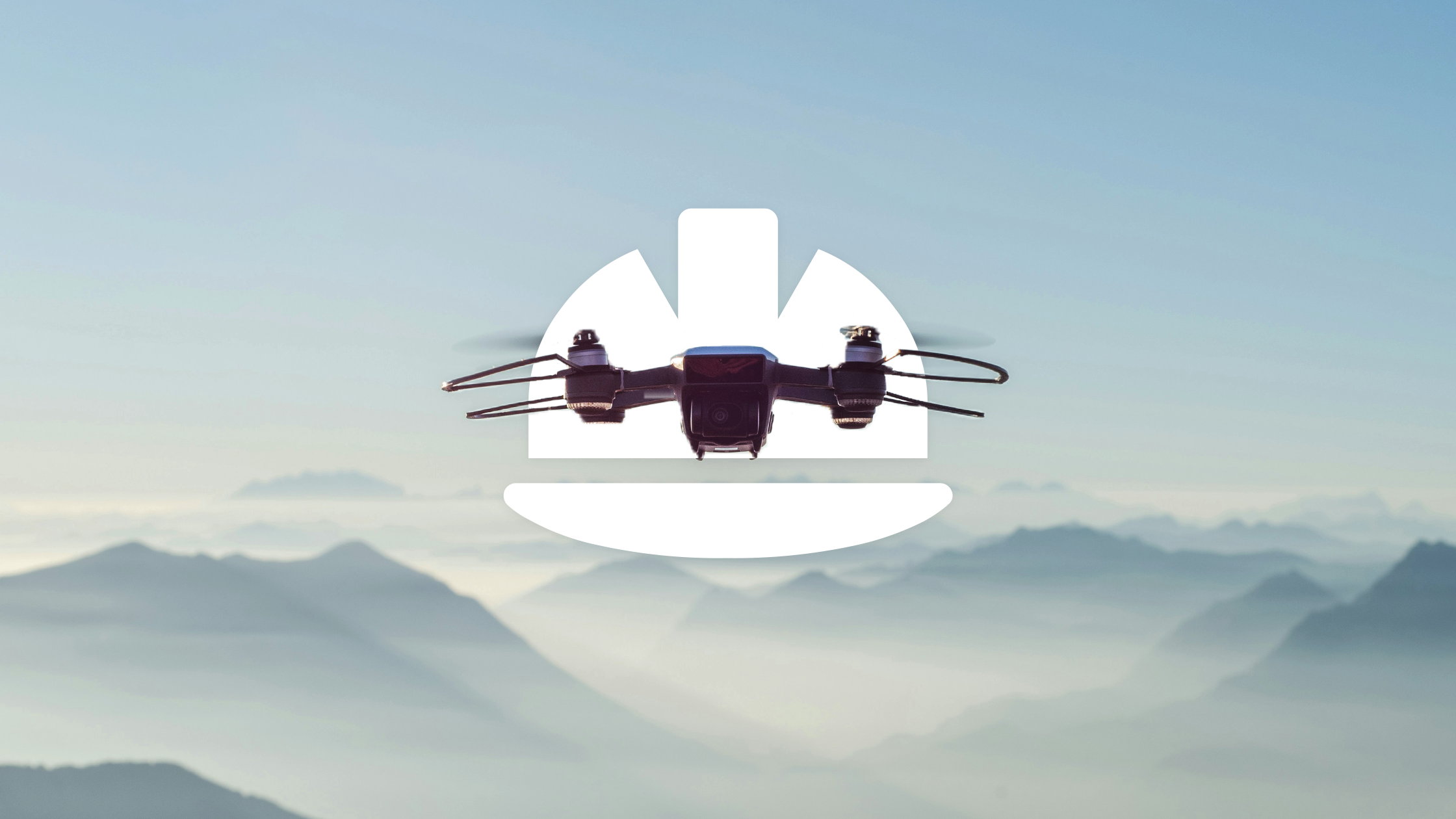


5 comments